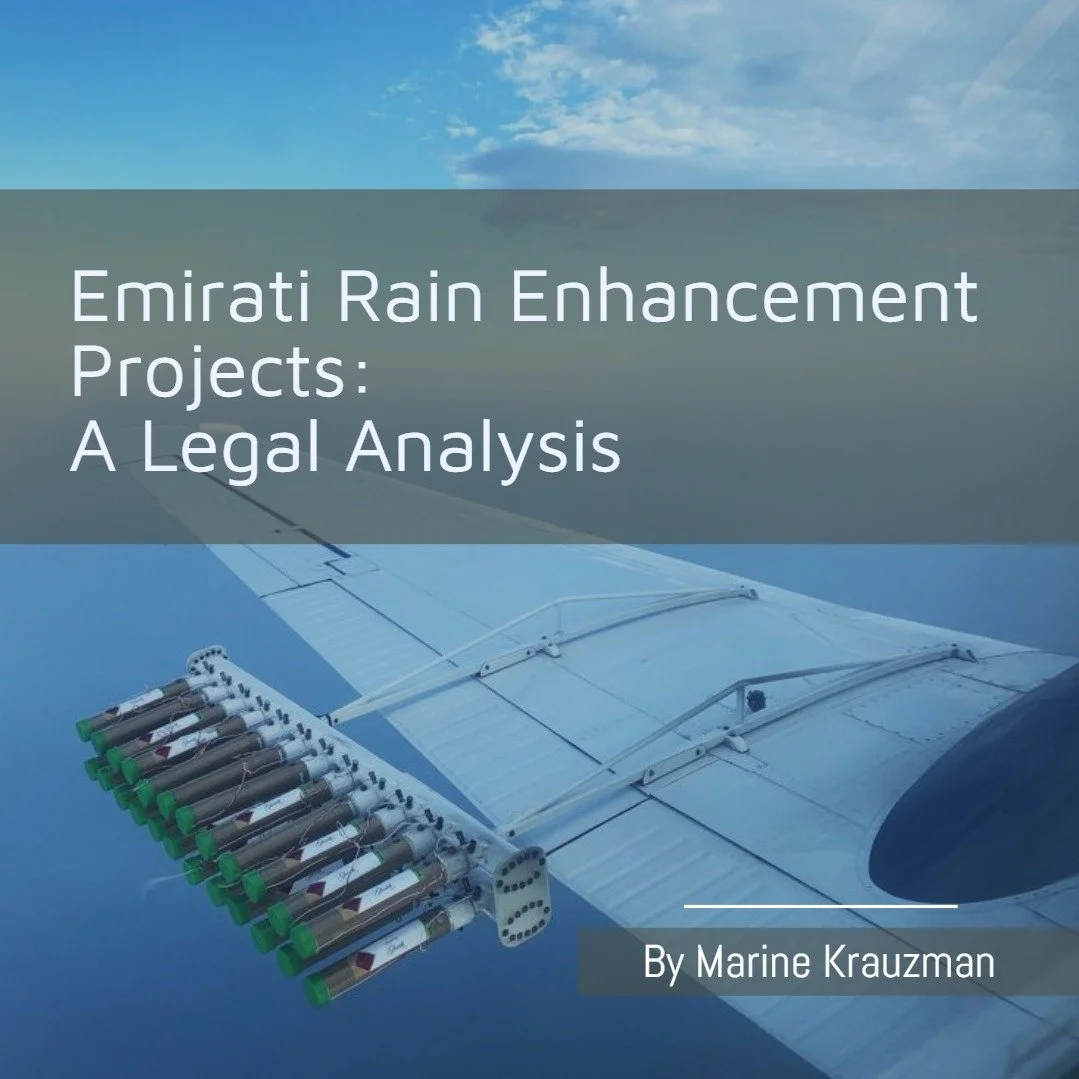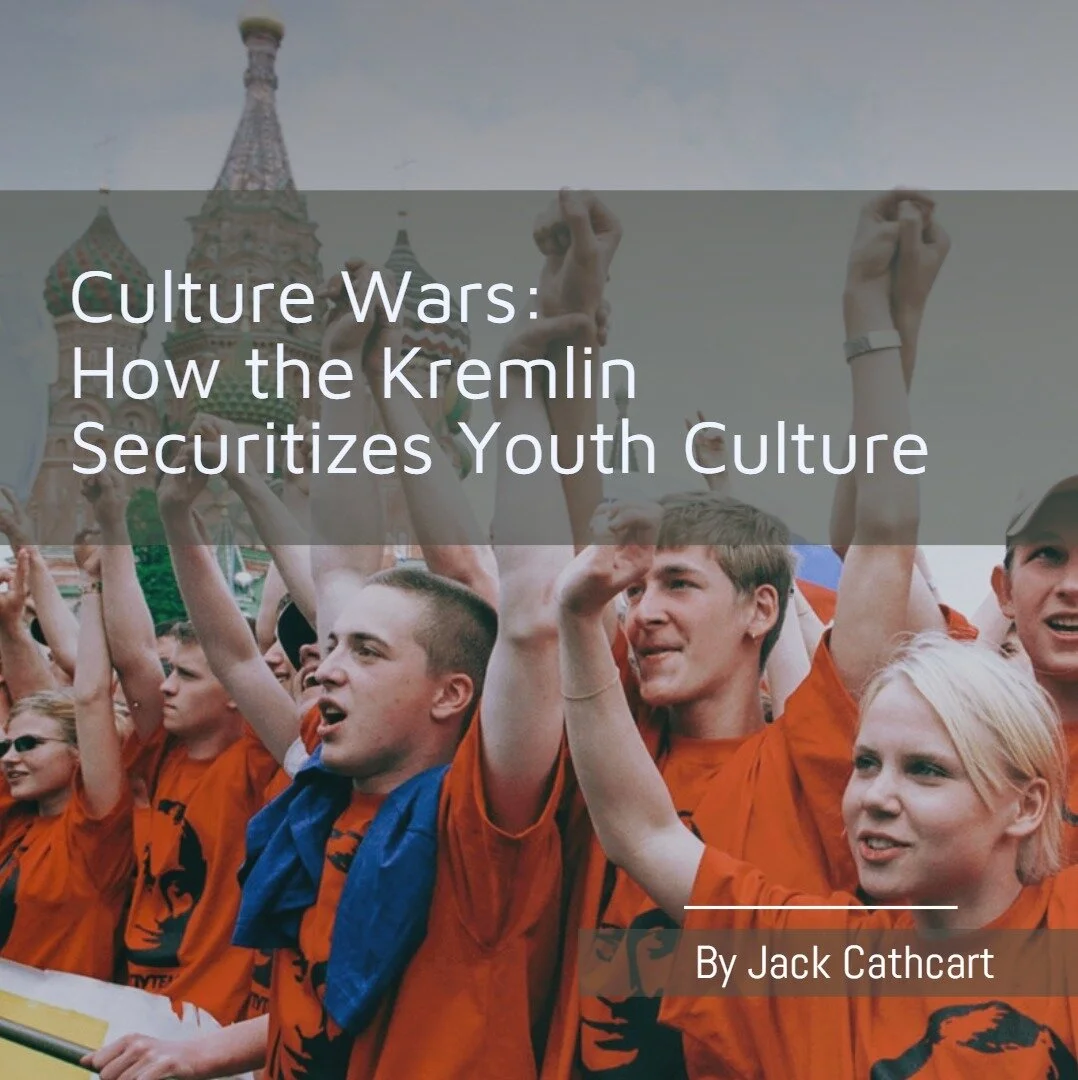For this second episode, we spoke with Giancarlo Fiorella, Investigator and Trainer for Latin America at Bellingcat. Giancarlo is also a PhD student at the University of Toronto, writing his thesis on protest policing in Venezuela, focusing on the role of civilian armed groups. During our conversation, we discussed the benefits of open source investigation as well as the impact of the pandemic in Venezuela.
‘OSINT investigation is very beneficial when it comes to investigating human rights abuses, war crime or crimes against humanity.’
‘Some Venezuelan human rights organisations denounced the demonization of refugees by State officials.’
‘Considering the reaction we all had to the pandemic, I am really skeptical that we will be able to deal with the climate change crisis in an orderly effective manner as a species.’
By Fabiana Natale and Gilles de Valk
December 14th, 2020
By Pablo Cisneros Yánez
November 3rd, 2020
The SARS-CoV-2 pandemic has set the arena for the United States (U.S.) to demonstrate its leadership and proclaimed better position in the world in comparison with China. Nonetheless, its isolationist policy under the administration of President Donald J. Trump led the U.S. to produce poor international confidence and support based on its worrying figures from pandemic management. Boosted by COVID-19, this left a path clear for the U.S.’s main rival, China, to present its aspirations for a different world order.
For this seventh episode, we interviewed Francesco Trupia, Research Fellow at the Prague-based Center for Security Analyses and Prevention. He has a PhD in Political Philosophy from the University of Sofia and works on the societal role of minority groups and democratisation in post-communist Eastern Europe, the Balkans and the Caucasus in particular. In our conversation, we discussed the impact of the pandemic on the Balkans and the role of foreign actors in the region.
‘On a national level, the pandemic began to expose pre-existing structural problems and accelerate democratic backsliding.’
‘Executive competences tend to be expanded and justified in the face of emergency situations.’
By Fabiana Natale and Gilles de Valk
July 14th, 2020
By Taylor Pehrson
August 5th, 2020
Since the fall of the Soviet Union, Estonia has been recognised as a leader of the Baltic states in their transition to becoming democratic powers. Estonia is often portrayed as a technological powerhouse; due to its Cooperative Cyber Defence Centre, Estonia plays a prominent role in Baltic regional security. Besides transitioning into an essential security position through technological advancement, the state also boasts the highest level of political participation from its citizens out of all post-Soviet states. However, Estonian policies towards its Russian-speaking minority creates a divide in the state’s population. With the COVID-19 pandemic wreaking havoc globally, one wonders how the virus will impact a state that struggles to include roughly a quarter of its population in civic participation. This article will explore the subject in detail, providing an analysis of Estonia’s policies as they relate to the country’s Russian-speaking minority, and the potential for COVID-19 to increase the rift between the Estonian population due to its economic impact on the state.
The testing of India and Pakistan’s nuclear capabilities in May 1998 marked the beginning of a period of nuclearisation and proliferation in South Asia. This is an ongoing process as seen with India’s completion of the Nuclear Triad in 2018, allowing for nuclear deterrence by land, air and sea, as well as Pakistan’s growing development of tactical nuclear weapons which can be deployed on the battlefield. The consolidation of the two states’ nuclear arsenals is significant due to the addition of nuclear capabilities in states which are currently involved in a protracted conflict, having engaged in four large scale military conflicts since partition and independence in 1947. The consolidation of nuclear weapons and continued hostilities in the region presents two key questions that must be considered. How has nuclearisation been used in relation to the protracted conflict and more importantly, has nuclearisation in India and Pakistan effectively created regional stability or further injected instability to the regional conflict?
By Steven Mulholland
May 20th, 2020
2019 TURKISH LOCAL ELECTIONS: AN EXPLANATION OF THE RULING PARTY’S FAILURE
The Turkish local elections of 2019 resulted in a failure for President Recep Tayyip Erdoğan and his ruling party, which lost votes in the country’s three largest cities: Izmir, Istanbul and the capital, Ankara. This crucial breakdown of the Justice and Development Party is an outcome of enduring political, economic, and social struggles within Turkish society which has expressed its discontent through elections, demonstrating its desire to implement fundamental changes.
THE POLITICS OF FOOD IN VENEZUELA: MADURO, MILITARY, AND MALNUTRITION
‘’The build up of tensions in Venezuela has led the country to a breaking point: self-appointed interim president Guaidó has called for the military to defect and support him to topple the sitting Venezuelan President Nicolás Maduro at the end of April. This decision is not free from risk, especially since Guaidó’s diplomatic immunity has been revoked by the Maduro regime. Though the decision and its stakes highlight the key player in Venezuelan society: the military.’’
by Marijn Pronk
May 16th, 2019
THE DEMISE OF THE INTERNATIONAL COMMISSION AGAINST IMPUNITY IN GUATEMALA (CICIG): AN EXPERIMENT IN CENTRAL AMERICAN ACCOUNTABILITY
Guatemalans have welcomed the anti-impunity commission that works to combat high level corruption and abuses, but after over a decade of prominent arrests and government pushback, Guatemalan President Jimmy Morales threatened a pre-emptive withdrawal from the effort in January 2019. The decision is tied to a pattern of US-led norm breaking, with implications for justice in Guatemala and the region.
THE INFLUENCE AND STABILITY OF THE UNITED KINGDOM: THE NATIONAL SECURITY RAMIFICATIONS OF A NO DEAL BREXIT
Brexit presents a scenario in which, all at once, the UK must: maintain its relevance on the world-stage whilst simultaneously reducing its legislative and policy making influence; satisfy Scotland’s call to remain; and assuage Northern Ireland’s border concerns. At risk is the fragmentation of its union and a shrinking of its international role.
UK ACCESS TO EU DATABASES: THE NATIONAL SECURITY RAMIFICATIONS OF A NO DEAL BREXIT
The UK’s ability to prevent, prepare for, and respond to risks is enhanced by its ability to share data and expertise, exchange information, and collaborate closely with its nearest neighbours. Brexit presents a significant threat to both that information exchange and continued collaboration.
ONLINE POLITICAL MICROTARGETING IN THE UNITED STATES
Online political microtargeting is personalised advertising targeting the voters who are on the fence in a campaign, and are thus most susceptible to personalised political advertisements. In the US, microtargeting allows political campaigns to target swing states, which fluctuate between supporting Democrats and Republicans and possess considerable weight in the outcome of an election.


































The Abraham Accords, key to Donald Trump’s first-term Middle East policy, normalized relations between Israel and several Arab states. With Trump back in office, his administration aims to expand the Accords, targeting Saudi Arabia and Syria despite earlier shortcomings.